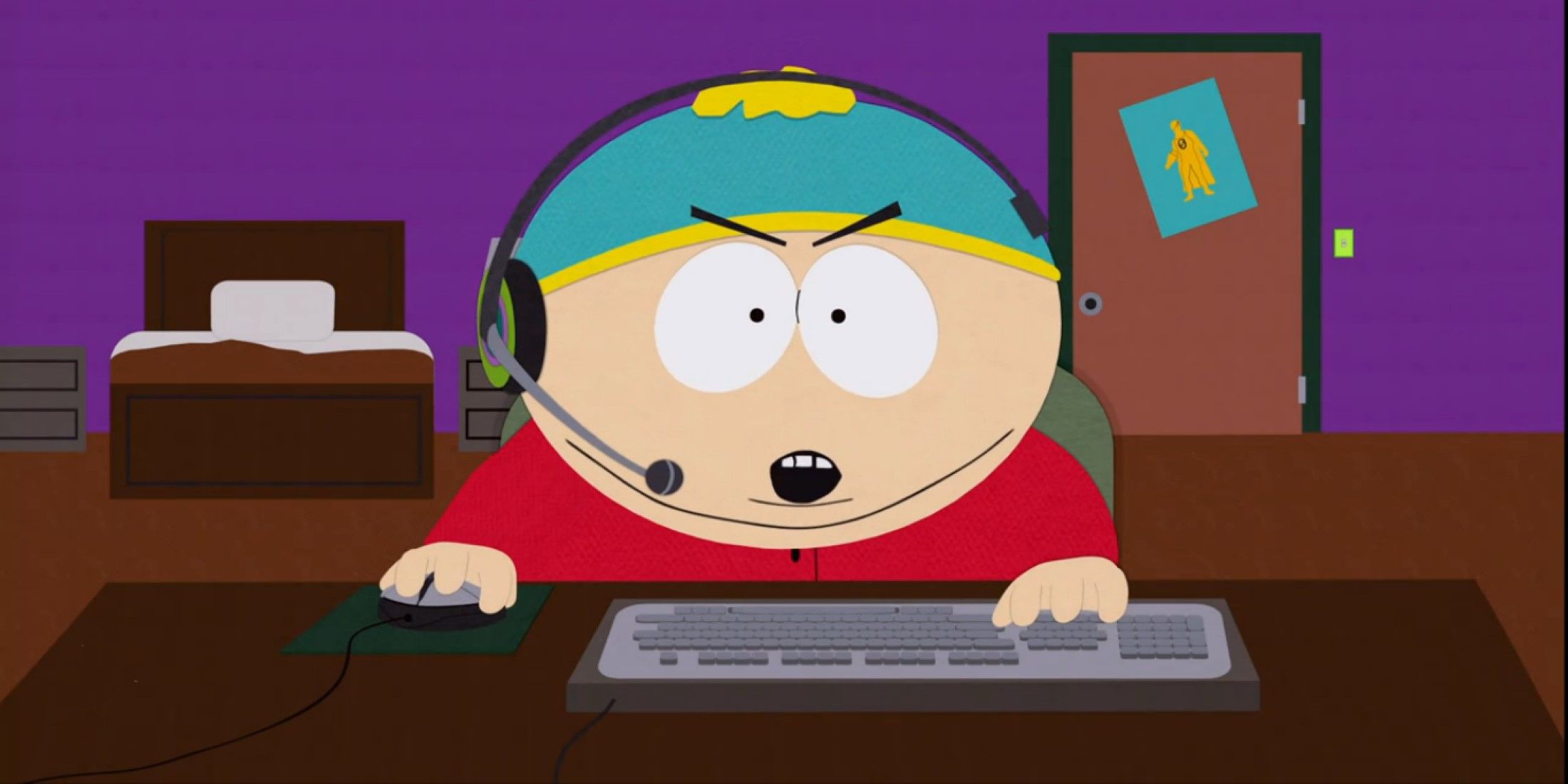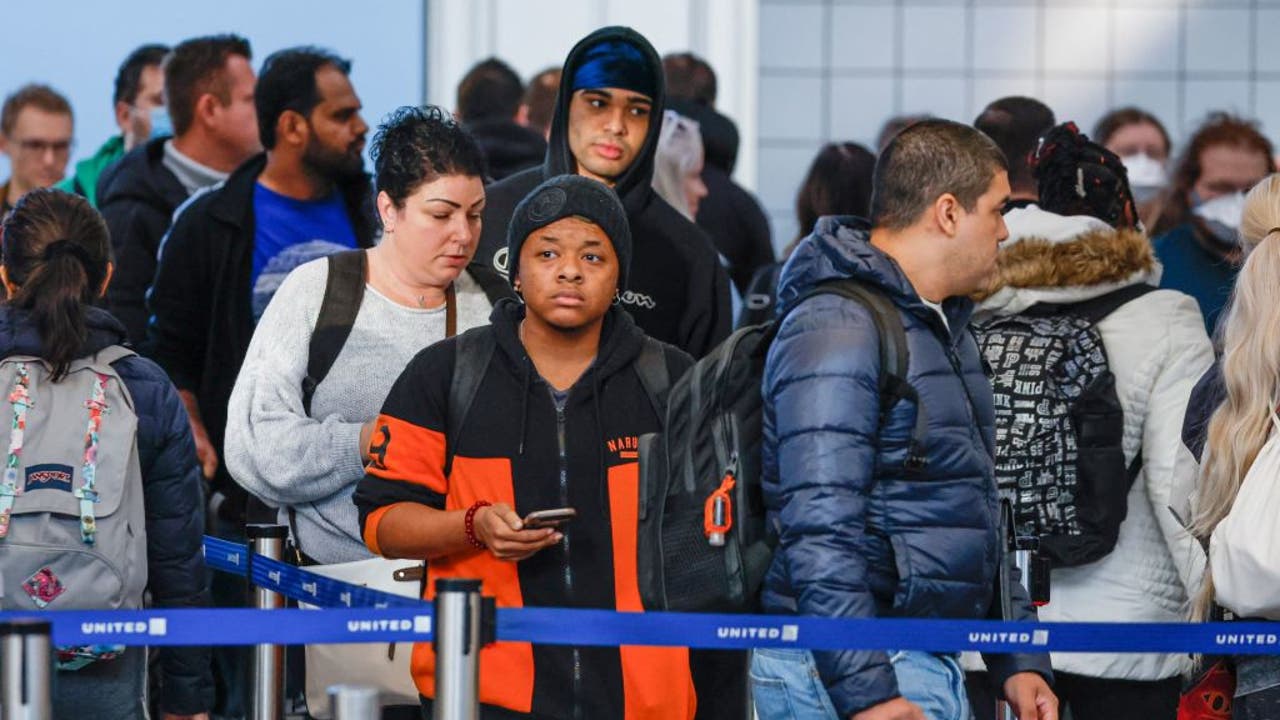CNN
—
Editor’s note: The following contains spoilers about the “Hacks” Season 3 finale, “Bulletproof,” which premiered May 30.
The third season of “Hacks,” the Emmy-nominated Max comedy series, has in one respect felt strangely dated, with veteran comic Deborah Vance pursuing a late-night TV show as a capper to her career, at a time when those series have lost much luster from their heyday. Yet the show also contains what feels like a timeless lesson about Hollywood and doing anything to get ahead.
The finale articulated that clearly, after Deborah (Jean Smart) lied to her writer/confidant Ava (Hannah Einbinder), telling her that the network had prevented her from installing Ava as the head writer on her show.
As luck would have it, Ava had an encounter with the network boss (Helen Hunt), who made clear that choice belonged to Deborah, who later admitted as much, saying she didn’t want to do anything that might risk her blowing this belated shot at late-night stardom.
“You have to be selfish,” she told Ava, adding, “This show has to be bulletproof, and it has to work. I’ve lost way too much for it not to.”
While Ava’s first impulse was to quit out of principle over Deborah’s betrayal, the final scene marked a turning of the tables, with Ava blackmailing Deborah into giving her the head-writer position. When Deborah asks if she’s willing to use that tactic to get what she wants, Ava responds pointedly, “I would. Wouldn’t you?”
What that means for their uneasy alliance going forward remains to be seen, although the two have experienced enough ups and downs that they seem unable to quit each other, for good or ill.
Her career started playing a lesbian. She’s now labeled as a ‘gay icon’
Yet what “Hacks” has nicely captured is the mix of narcissism and self-absorption that often feel like prerequisites to achieving show-business success, in this latest season somewhat mirroring another series set in the world of late-night TV, “The Larry Sanders Show,” whose titular host (played by the late Garry Shandling) possessed all kinds of power that barely concealed his neuroses, descriptions that also applied to those around him.
The irony is that “Larry Sanders” (which premiered in 1992 on HBO, while “Hacks” occupies its streaming service, Max) came about during a very different time in late night, when the image of Johnny Carson as a comedy kingmaker still loomed over the business. The series made its debut a few months after Carson’s final episode, playing as what became known as the “late-night wars” raged on.
Today, names like Stephen Colbert, Jimmy Fallon and Jimmy Kimmel still command prestige and respect, but the audience has dwindled among overwhelming audience fragmentation, and other late-night shows featuring James Corden and Samantha Bee have been swept away amid less hospitable economics for such fare. There’s also a collegiality among the current hosts, who even teamed up during the writers strike, that bears scant resemblance to David Letterman and Jay Leno’s famous feud.
Although Deborah appears to be living in the past, “Hacks” hasn’t been, as evidenced by its penultimate episode, which dealt with the comic having to address the fallout from resurfaced old jokes that hadn’t aged well, similar to the scenario that prompted Kevin Hart to withdraw as the host of the Oscars.
Then again, after the show’s Christmas episode, perhaps it’s appropriate that “Hacks” would find a way to live in the past, present, and to the extent these dynamics persist, maybe the future.











